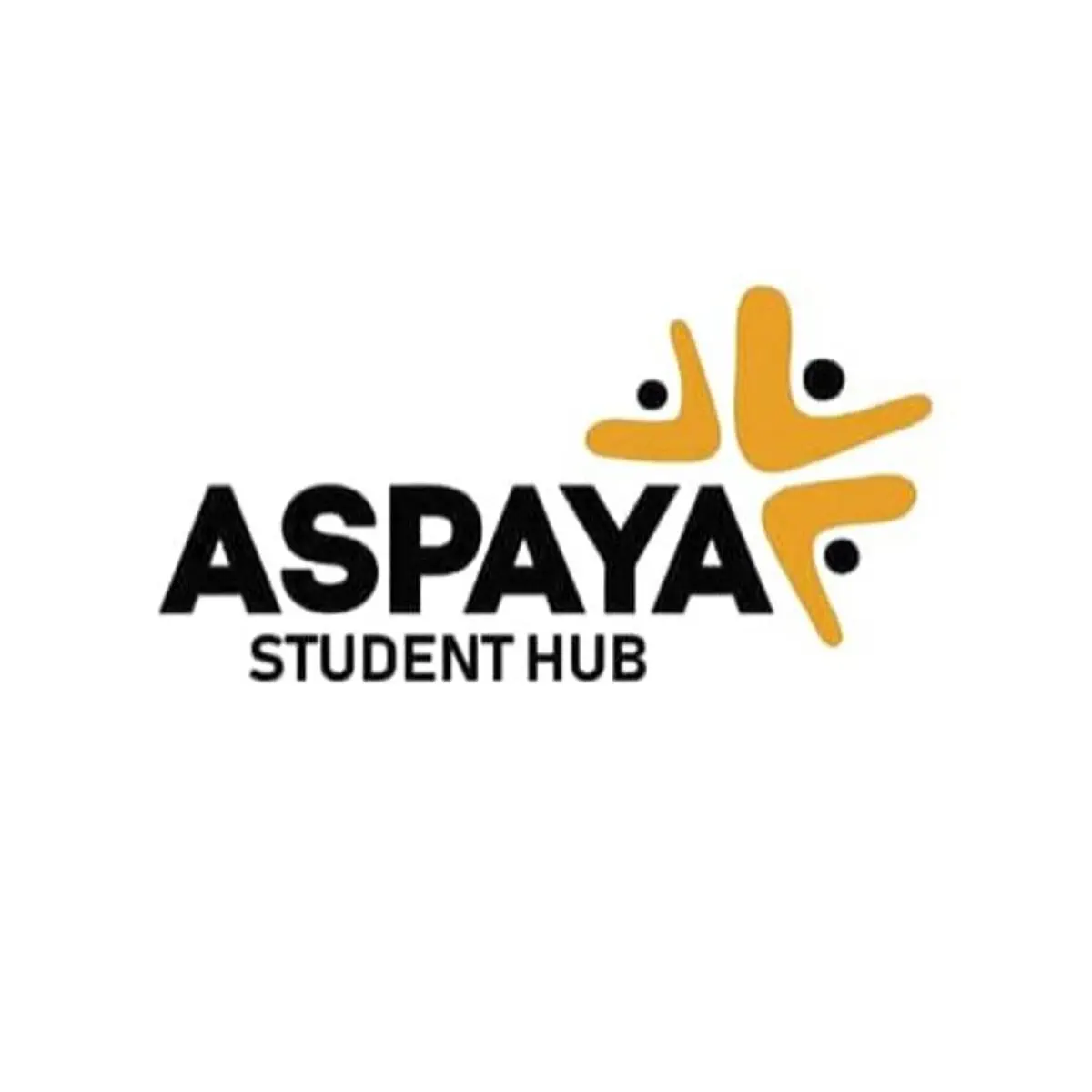University life comes with a unique set of terms and concepts that can sometimes be confusing for new students. Understanding these terms not only helps you navigate academic life more smoothly but also boosts your confidence. Here’s a comprehensive guide to 24 essential university concepts and terminology every student should know.
1. GPA (Grade Point Average)
Your GPA is a numerical representation of your academic performance, calculated from the grades you earn in your courses. A high GPA is often required for scholarships and post-graduate opportunities.
2. Credit Hours
Credit hours represent the number of hours per week you spend in class. Most university programs require a specific number of credit hours to complete a degree.
3. Major
Your major is the primary subject or field of study you specialize in at university. This defines the core focus of your degree program.
4. Minor
A minor is a secondary area of study that complements your major. It typically requires fewer credit hours and allows you to gain knowledge in another discipline.
5. Electives
Elective courses are optional classes that allow you to explore areas outside your major. These can be fun or help you gain skills that may benefit your future career.
6. Syllabus
The syllabus is a document provided by your professor that outlines the course structure, including reading assignments, important dates, grading policies, and exam schedules.
7. Prerequisite
A prerequisite is a course or requirement that must be completed before enrolling in a more advanced class. It ensures you have the necessary knowledge to succeed in the next course.
8. Transcript
A transcript is an official record of your academic performance, including your grades and courses taken. It’s often required when applying for jobs or further study.
9. Semesters and Terms
A semester is a period of study, usually lasting around 15-18 weeks. Many universities divide the academic year into two semesters: Fall and Spring. Some universities also offer a Summer term.
10. Thesis/Dissertation
A thesis or dissertation is an extensive research project usually required for postgraduate degrees. It demonstrates your ability to conduct independent research on a specific topic.
11. Study Abroad
Study abroad programs allow you to take courses or engage in academic activities in a different country. It’s a great way to gain international experience and enhance your learning.
12. Office Hours
Office hours are designated times when professors or teaching assistants are available to meet with students. These are great opportunities to ask questions, get advice, or discuss assignments.
13. Research Assistant (RA)
A Research Assistant supports faculty or researchers in conducting academic research. This is often a paid position and can enhance your academic and professional experience.
14. TA (Teaching Assistant)
A TA is a graduate or advanced student who assists professors in teaching undergraduate courses. Responsibilities may include grading, holding office hours, or leading discussion sections.
15. Plagiarism
Plagiarism is the act of copying someone else’s work or ideas without proper attribution. It is a serious academic offence and can result in disciplinary actions.
16. Academic Integrity
Academic integrity refers to maintaining honesty and fairness in all academic work. It includes avoiding cheating, plagiarism, and any form of dishonest conduct.
17. Core Curriculum
The core curriculum consists of essential courses that all students must complete, regardless of their major. These courses usually include subjects like mathematics, writing, and science.
18. Bursary/Scholarship
A bursary or scholarship is financial aid given to students based on academic performance, financial need, or specific criteria. Scholarships do not need to be repaid.
19. Dean’s List
The Dean’s List is an academic honour given to students who achieve high grades, typically maintaining a GPA above a certain threshold. It’s a prestigious recognition of your hard work.
20. Commencement
Commencement is the formal ceremony that marks the end of your university education. It’s the celebration where you receive your degree and officially graduate.
21. Freshers’ Week
Freshers’ Week is an introductory week for first-year students to get acclimated to university life. It includes events, activities, and social gatherings to help you meet new people and get involved.
22. Internship
An internship is a temporary position where students gain practical work experience in their field of study. Internships can be paid or unpaid and are often a stepping stone to future employment.
23. Graduate vs. Undergraduate
Undergraduate students are pursuing their first degree (Bachelor’s), while graduate students are those who have completed an undergraduate degree and are pursuing advanced study (Master’s or PhD).
24. Student Union
The Student Union is an organization that represents students’ interests on campus. It often offers services, organizes events, and provides support to students during their university journey.
Conclusion
University terminology can be confusing, but understanding these 24 concepts and terms will help you navigate your academic life with ease. Whether it’s managing your course load, exploring research opportunities, or staying on track for graduation, being familiar with these terms is key to a successful and smooth university experience.




